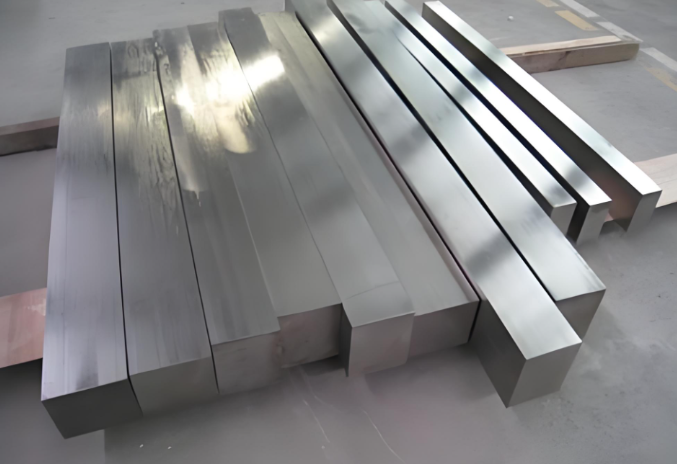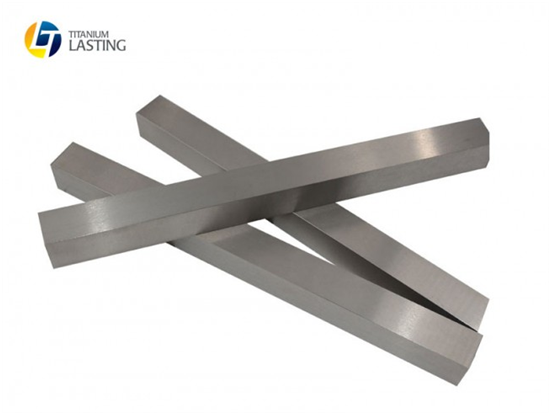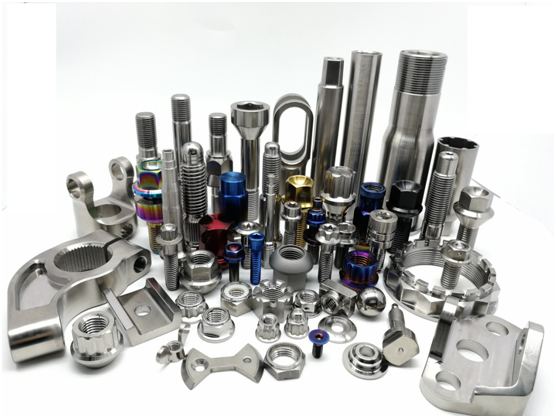
This technical deep-dive explores the critical factors in selecting titanium square bars for advanced machining. It analyzes the metallurgical differences between Alpha and Beta phases, the mechanical implications of forging versus rolling, and the rigorous requirements of AMS 4928 versus ASTM B348 standards. The article provides professional strategies for managing titanium's low thermal conductivity and modulus of elasticity, emphasizing the importance of alpha-case removal and high-pressure cooling. Targeted at industry insiders, it bridges the gap between material science and practical CNC production for aerospace and medical applications.
View More
This technical analysis explores the application of titanium square bars (specifically Ti-6Al-4V) in the automotive sector. It details the material's metallurgical advantages, its role in improving NVH performance compared to steel, and its economic value in EV weight reduction. The article also provides professional insights into CNC machining, advanced joining methods like Electron Beam Welding, and the strategic importance of square bar geometries in modern vehicle engineering. (415 characters)
View More
This technical guide explores the complexities of titanium square bar standards (ASTM B348, AMS 4928) and manufacturing processes. It delves into the chemistry of Alpha Case formation, the advantages of Grade 12 as a Pd-free alternative, and the necessity of PAUT/Immersion testing to solve corner "dead zones" in square profiles. Aimed at industry professionals, the article clarifies the differences between rolled and forged bars while emphasizing microstructural integrity, including primary alpha morphology and prior-beta grain refinement, for high-performance applications.
View More
This technical analysis explores the metallurgical and mechanical advantages of using Titanium Square Bars (ASTM F136/F67) in medical device manufacturing. It highlights how square profiles improve CNC machining stability, reduce material waste, and enhance the fatigue life of implants through refined forging and superior microstructural homogeneity. By focusing on interstitial control and substrate purity, this guide illustrates why square bar stock is the strategic "Gold Standard" for high-precision orthopedic and spinal applications.
View More
This article discusses the essential certifications for titanium pipe fittings, including ASTM and ASME standards, API certification, CE marking, NACE certification, ISO 9001, NADCAP accreditation, and material certification. It emphasizes the importance of these certifications in ensuring quality, safety, and compliance in various applications, particularly in aerospace, chemical processing, and marine industries.
View More
This article explores the reasons aerospace OEMs rely on titanium fasteners, highlighting their unique properties such as strength-to-weight ratio, corrosion resistance, and high-temperature tolerance. It discusses applications in structural components, compatibility with composites, and the economic impact of titanium fasteners. The article also addresses challenges in manufacturing and supply chain management while looking ahead to innovations and sustainability in the titanium industry.
View More